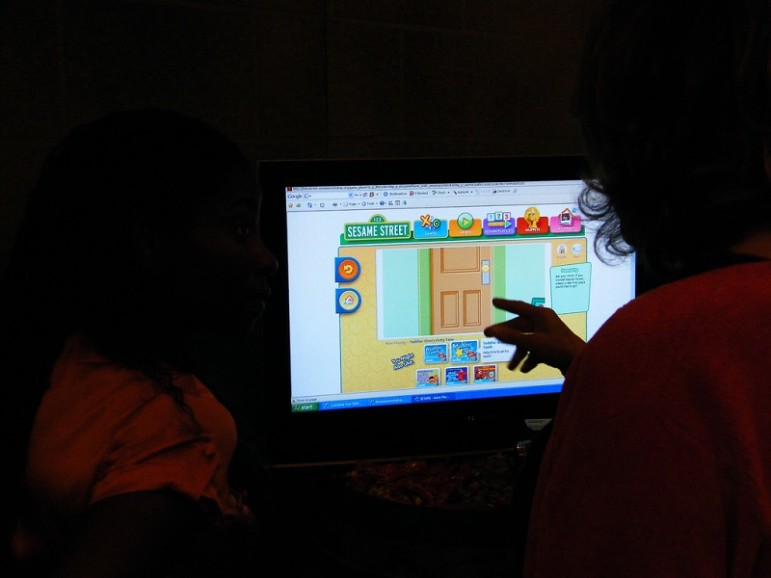
February 1, 2016; Fast Company
In the 1960s, creating educational programming for children on television was innovative. Today there are more channels than ever before, and more children first meet Big Bird and other Sesame Street friends on phones and tablets. At the same time, children’s educational needs continue to grow, from obesity to autism, and parent deployment to bullying. Leaders at Sesame Workshop, the parent of Sesame Street, are exploring creative methods of reaching out, educating, and helping children thrive.
Although its programming began on television, Sesame Workshop quickly realized the medium was just the beginning. Sesame Workshop developed websites, cable shows and networks, and 16 million “outreach kits” and events that reach hundreds of thousands of children and their parents through partnerships with over 3000 organizations. With a budget of $104 million, though, more work is needed to fulfill its mission of helping kids grow smarter, stronger, and kinder.
Sesame Workshop recently announced the creation of Sesame Ventures, a partnership with a venture capital firm called Collaborative Ventures, and the subsequent creation of a new fund, Collab + Sesame. The $10 million fund will invest in startups developed by corporations and other for-profit organizations in six broad areas: entertainment and media, food, health and wellness, family development, education tools, and social and emotional development.
Sign up for our free newsletters
Subscribe to NPQ's newsletters to have our top stories delivered directly to your inbox.
By signing up, you agree to our privacy policy and terms of use, and to receive messages from NPQ and our partners.
“We are in the midst of an extraordinary time in the history of how digital technology can change the education, health and welfare of kids around the world,” Jeffrey D. Dunn, Sesame Workshop’s CEO, said in a statement. “History suggests that much of that change will spring from new companies. By partnering with some of these startups, Sesame Workshop can help grow the next wave of kid-focused innovation and improve the lives of children everywhere.”
The Workshop’s funds for its half of this new venture stem from the sale of its stakes in Noggin and Sprout. Both projects were innovative activities of their times: Noggin, the first all-educational cable channel for children, was launched in 1999 in partnership with Nickelodeon, while Sprout, a cable network targeting preschoolers, was developed in 2005 in partnership with PBS, HIT Television Ventures, and NBC Universal.
Projects funded through Collab + Sesame will be offered technical assistance and the opportunity to make use of Sesame Street characters and branding, as well as $1 million each. Although few would give up these perks, Sesame Workshop CEO Dunn places no preconditions that might make one suspect that the group is simply trying to extend their brand on the use of the funds. —Gayle Nelson













